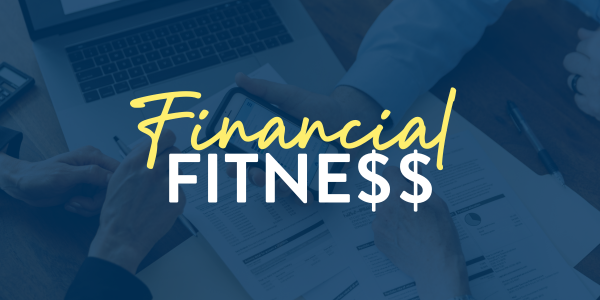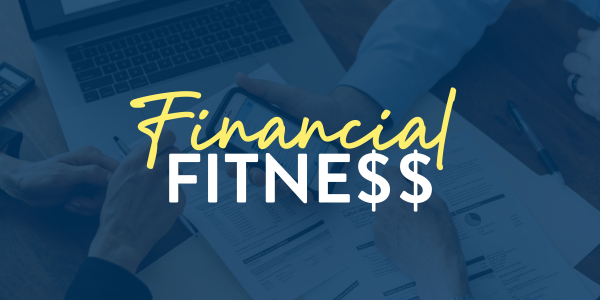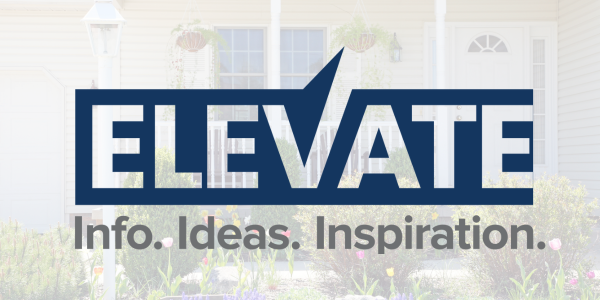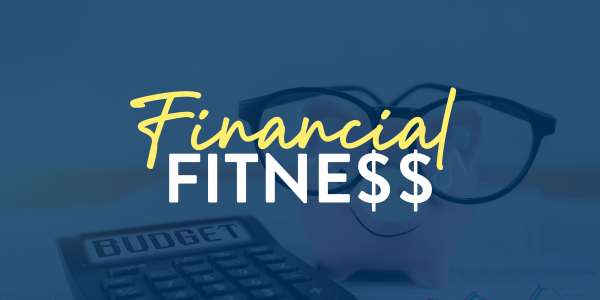
Last month saw the start of the Lunar New Year, which is the Year of the Dragon. It's an auspicious year, as it's believed that children born this year are destined for success. Some famous Dragon babies: Keanu Reeves, Rihanna, Dr. Martin Luther King Jr, John Lennon and Peyton Manning.

No matter what year you were born in, you may have some serious assistance buying a home this year if you're still renting! A bill introduced in 2021 may be passed soon, which would provide many first-time buyers with up to $25,000 in assistance. Read all about this bill below. Other topics: how to manage a home remodel, the latest on auto insurance pricing, and why you may want to check out your VantageScore.
Home Financing
Down Payment Assistance May Get Serious Soon
Even though the 20% down payment rule is no more than a myth, there are still plenty of potential home buyers who need to bump up their cash assets before buying their first home. If the Downpayment Toward Equity Act passes this year, these first-time buyers may receive a cash grant for up to $25,000.
This Act was created to help more Americans buy their homes and begin building a secure financial future. While it's still in the works, it was recently announced that the Act is part of President Biden's 2024 Fiscal Year budget proposal.
Here are the basics of this bill.
- The Downpayment Toward Equity Act will bring home ownership within the reach of more people, including those with lower incomes.
- The proposed program provides up to $25,000 to first-time buyers. First-generation homeowners qualify for $20,000, with $25,000 for buyers considered socially or economically disadvantaged. (First-generation homeowners are defined as buyers whose parents or guardians have never owned a home, or buyers who previously lived in foster care.)
- Grant funds may be used to cover down payment and closing costs, and for buying discount points to lower a mortgage's interest rate.
- The cash funding is delivered to qualifying buyers when a home purchase is finalized.
Currently, the bill is still being considered by Congress and is subject to debate and potential changes before it can be approved and signed into law. For updates, visit the Congress.gov page featuring the bill's history.
Source: themortgagereports.com
Insurance
Auto Insurance Pricing Climbs Over 25%
If you've recently received your auto insurance renewal notice, you may have felt rear-ended by your new premium. According to recent data, drivers across the nation are paying an average of $212 for car insurance, which is over 25% from 2023 premiums.
While inflation is still playing a part in rising prices, other factors are driving up driving costs. One major indicator: where you live. If you're in a state prone to natural disasters, your premiums were most certainly affected. For example, California drivers saw their insurance prices head north because of recent abuses meted out by Mother Nature, as natural disasters damage vehicles and repairs are becoming more expensive.
Other states' drivers aren't off the hook. Louisiana and Florida drivers are weathering more than hurricanes; over the past few years, they've been forking over the largest share of their paychecks toward auto insurance. Louisiana drivers shell out an average of 6.53% of their income for auto insurance while Florida drivers are tailgating them and paying 5.69%. Missouri won the prize for the largest year-over-year increase in premiums, with drivers spending around 40% more to ensure their rides than they did last year.
A few states' drivers aren't suffering as badly. For example, Massachusetts drivers enjoy some of the nation's lowest premiums, as state law prohibits the use of age as a rating factor for setting insurance pricing. They're paying just 1.76% of their income toward insuring their vehicles. Wyoming drivers were the only state where insurance costs fell, with average premium pricing falling by one dollar (hey, it's better than nothing!).
Source: cbsnews.com
In the News
Inflation's Down but Not Out
Recent news from the U.S. Labor Department included an unexpected rise in the Consumer Price Index (CPI), which plays a big role in inflation. January's CPI posted a 3.1% annual increase —a bigger jump than expected—while monthly gains increased as well.
Core CPI numbers (which don't include energy and food prices) rose 3.9% annually last month, which was the same as December. On a monthly basis, CPI rose 0.3% last month after rising 0.2% in December. Core CPI rose 0.4%, up from the 0.3% gain the previous month.
Even though overall price pressures have moderated, relieving some shopping stress, getting inflation completely back to normal may be more difficult than economists anticipated. The inflation slowdown over the past year happened alongside a solid economy, bucking predictions that the U.S. economy would have to experience a recession to bring down prices. The big question is whether this trend will continue in 2024.
While The Federal Reserve hiked interest rates several times in 2023 to rein in inflation, members of the Reserve are now attempting to determine whether to deliver the lower interest rates expected for this year. Recently, Fed officials are hinting that the lower rates may not arrive as soon as hoped, as they want more evidence that the war on inflation has been truly won before lowering interest rates.
Source: axios.com
Credit and Consumer Finance
FICO Score, Meet VantageScore
Chances are you're already familiar with the basics of credit scores, including how to manage your finances and credit accounts for a higher score. However, you may not be familiar with VantageScore®, an alternative to FICO.
VantageScore was created in 2006 as an alternative to traditional credit scoring. It processes credit and financial habits differently, giving more consumers the ability to build a good credit score. Two groups that VantageScore helps: college students and new immigrants.
VantageScores are widely used by credit card issuers, with nine of the 10 largest banks using this credit score. Since your next credit application could be processed with your VantageScore, here's a basic introduction.
VantageScore considers four key money management factors when calculating your score.
- Extremely influential: Total credit usage, balance and available credit
- Highly influential: Credit mix and experience
- Moderately influential: Payment history
- Less influential: Age of credit history and new accounts opened
Similar to FICO, VantageScore scores you on a range from 300 to 850. Scores of 499 and under are considered Poor, and scores over 781 are graded Excellent.
If you'd like to see your VantageScore, there are several ways to do this. Many credit card issuers, like Chase and Capital One, give their cardholders free access to this information. You may also visit the VantageScore website for more options.
Source: cnbc.com
Did You Know?
How To Keep Tabs on a Remodeling Project
If you're planning a major remodel this year, you may be wondering how to best manage the project. Hiring a bonded, licensed contractor is an essential first step. The second step? Monitoring the work as it progresses, if possible, to make sure all workers are adhering to your original contract.
The unfortunate truth about remodeling is that it's often difficult to determine if a contractor is cutting corners with sub-par materials, workmanship, or both. Here are some situations to watch out for, together with strategies for problem-solving.
Your contractor is using low-quality materials. This may happen when inflation causes the material prices to rise after you've signed off on the project, but your contractor feels pressured to stay within the original budget. One way to prevent this situation is to ask for a detailed estimate that describes the exact grade and brand of each material. When these arrive at your home, double-check to ensure they match your agreed-upon estimate. Another strategy: discuss the possibility of rising prices mid-project with your contractor before work begins, together with a contingency plan.
Some components are missing or don't match. Make sure your remodel includes all the features you've paid for. If you're missing electrical outlets, built-in shelves, or other features, it's time to blow the whistle. Another red flag: tiles that don't match or are a slightly different shape or color. This could mean that they were purchased from salvage or discount warehouses.
Drawers aren't opening smoothly. You might assume that your drawers are getting stuck on something, but it's often because they're too small—a common money-saving tactic.
Gaps around windows or doors. These could be caused by improper installation or cheaper substitutes.
If you notice (or suspect) that your contractor is cutting corners, here are some steps to take.
- If you spot evidence before work is completed, take pictures of your concerns.
- Ask for materials invoices and compare them to your original plans.
Next, schedule a meeting with the contractor. - Be prepared to explain your concerns politely and produce evidence of items that need to be replaced.
- Keep in mind that your contractor may have made an honest mistake. Most will repair, replace or redo anything you're not happy with.
If you're not able to come to an agreement, bring in a second contractor or an independent inspector to assess the work and provide estimates for rectifying problems. Other strategies: seeking legal advice or contacting the state office or regulatory board that issued your contractor's license.
Source: lifehacker.com
Still trying to decide if your remodeling plans make sense for your financial picture? We have a great article that covers the home renovations with the best return on investment as well as a free eBook with renovation financing basics.








